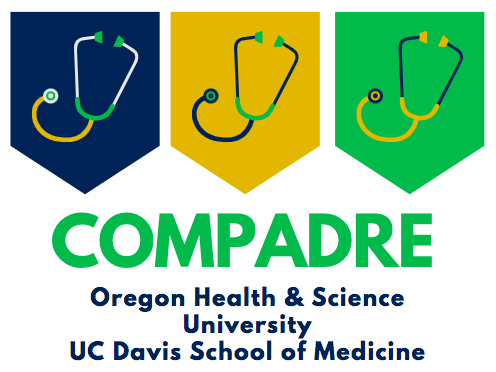Faculty and Educators
We deeply value the hard work of faculty and educators, upon whom learners heavily rely for mentorship, education and guidance. Rather than adding additional “to-do” items to the already full schedule of faculty/educators, we will progressively introduce evidence-based tools and development to help them learn, interpret, and apply best-practices to their work as educators. We strive to maintain transparency, share planning, and work closely with faculty/educators, program directors, and community preceptors to ensure we meet their needs.
Development
Educators at COMPADRE sites will have access to a robust online repository of tools, live-streamed workshops, asynchronous modules to use “just in time” or when their schedule allows, Rural PREP Grand Rounds, and virtual access to query and support COMPADRE members at other sites. In this fashion, educators will be part of their own virtual learning community.
Topics will be organized into three pathways:
The foundational pathway will support the development of all educators and include topics such as clinical teaching, learner assessment, cultural competence in education, and providing feedback.
The intermediate pathway will be tailored to support those who are involved with teaching beyond clinical teaching, and those who defined a role as a coach and/or mentor. This pathway will include the foundational pathway skills as well as skills in coaching, classroom teaching, cultivating reflective practice and lifelong learning, and supporting wellness and resilience.
Finally, the advanced pathway will provide additional resources for educators who are responsible for the oversight of COMPADRE programs. This pathway will include supporting learners who struggle, community engagement, peer observation and feedback and developing a supportive learning environment.
All modules will be accessible for anyone involved in COMPADRE, regardless of identified teaching role. Additionally, we will provide focused development to those who need or request additional support.
Inclusive Environments Lead to Better Healthcare Solutions

